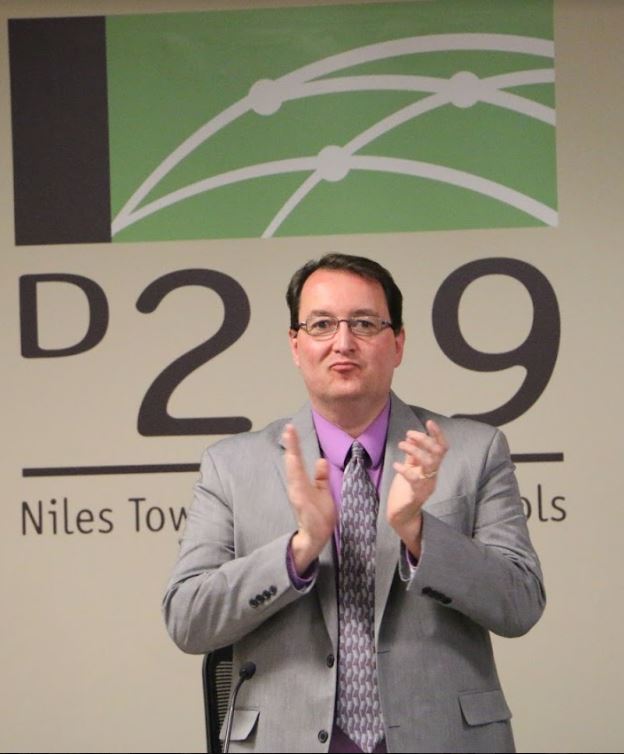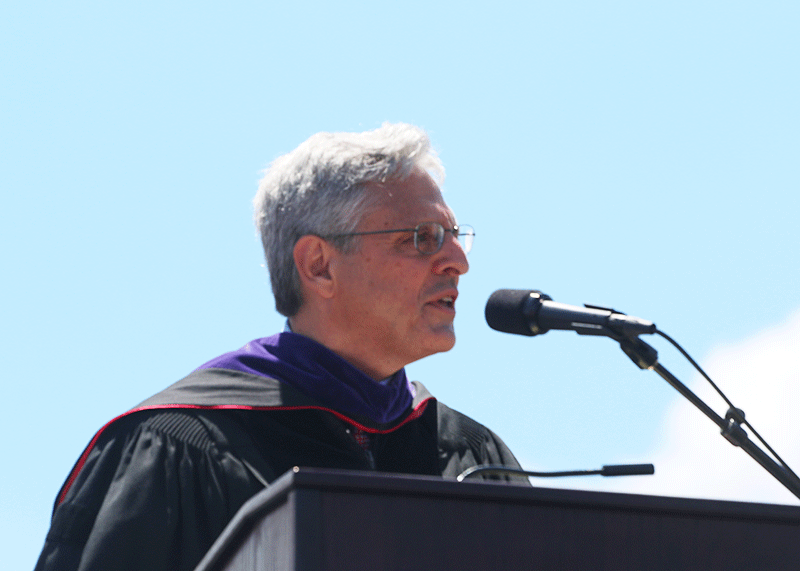This year’s highly anticipated new Spielberg biopic “Lincoln” isn’t the cliche Honest Abe story you’d expect from Hollywood; it’s simply a story about a good man trying to get his country through one of the most difficult chapters in its history.
The whole movie spans a month’s time and focuses on the passing of the 13th Amendment to the Constitution, the amendment that would abolish slavery of African Americans, and the internal battles that had to be fought within the Senate and House of Representatives.
At times “Lincoln” felt a bit like it was written to be an adventure/heist movie. Not quite a Nicholas Cage, steal-the-thirteenth-amendment-type scheme, but certain moments felt like passing the amendment required a lot of map-reading and plotting and maneuvering. The climax near the end of the movie, when the House and Senate come together to vote on the amendment, was actually kind of intense. Everyone obviously knows the outcome of the vote, but it was still amusing to see the voters’ uncertainty. “Lincoln” didn’t feel like the usual historical biopic, which was a nice change. There were also a lot of carefully placed comic moments, like a failed assassination attempt, that added to the movie’s unusual biography.
There was a surprising amount of extremely talented yet lesser-known actors in “Lincoln.” James Spader, Walton Goggins, John Hawkes, Jared Harris, and Joseph Gordon-Levitt all made minimal appearances as key characters. I’m not complaining, seeing them all under one camera (JGL automatically wins the award for appearing in the most movies in a single year), but I didn’t really understand why these great actors were put into a great movie with a great star and great director and were so greatly underutilized and performed about five lines each.
Daniel Day-Lewis (“There Will Be Blood”) matches Lincoln’s silhouette, but it was his voice that really caught my attention. I know it doesn’t matter in the long run of the movie, but inaccurate accents are a huge pet-peeve of mine. Day-Lewis is a known method actor who stays in full character until the job is finished, so his Anglo-Irish accent was virtually non-existent. Not only that, but apparently his actual voice, pronunciation and cadence were an almost exact match to the real President Lincoln’s, which Day-Lewis painstakingly learned to imitate from a rare recording of the president’s speech and descriptions by scholars. Lincoln came off as not only that tall guy who helped the blacks we learn about in school, but a genuine and intelligent and likeable personality. The dedication alone is what makes him a great actor.
Sally Fields (“Forrest Gump”) played the increasingly unstable wife of Lincoln, Mary Todd, who has paranoid episodes about her death and meltdowns because of the death of her son in the war, but still manages to retain a cool and clever demeanor in the public eye.
Tommy Lee Jones played the lifelong abolitionist Thaddeus Stevens, who had to make the decision to use vague and technical language to show support for passing the amendment; a decision that would have gained votes but simultaneously lessen the importance of abolitionism and possibly hinder the movement. Jones makes character development just a bit difficult because of the eternal lack of facial expression, so it’s hard for a viewer to decide whether the character of Stevens should be sided with or hated, but he pulls through and ends his part in the movie on a sweet note.
The internal conflict of interest within the government, the “house divided,” is a perfect parallel situation to what’s going on in our own government in our own time. People will side against common sense if it helps their own personal interests or to make a grand statement; they won’t care if it’s truly in everyone’s best interests. It just barely worked out for the slaves in 1864, but it’s not working today, in a so-called more “progressive” era.
OVERALL:
4.5/5 STARS
“Lincoln” is rated PG-13 and runs for 150 minutes.
















John R. Voyles • Feb 6, 2013 at 2:10 PM
Good review of the film, but I felt it somewhat overlooked the film’s rather lackluster ending: after spending two hours focused on the Amendment, the last half hour essentially hobbles to Lincoln’s death for the sake of “closure”, feeling removed from the film’s original core plotline about the Amendment. But perhaps it wasn’t as glaring an issue to the review as to me.